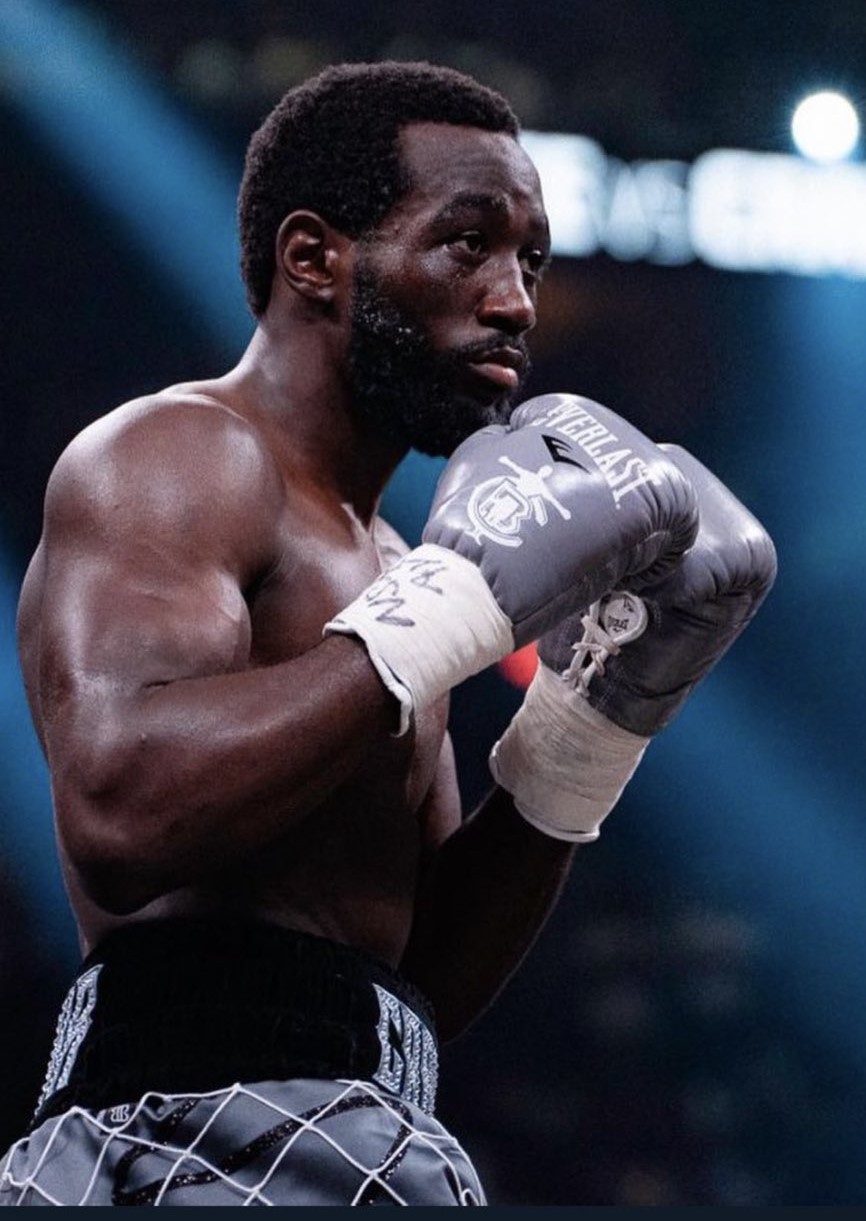By Jackie Kallen
The recent hospitalization of Russian heavyweight Magomed Abdusalamov and the October death of junior featherweight Frankie Leal, has launched more conversation about the safety of the sport. Abdusalamov remains in an induced coma and 26-year old Leal was knocked out in the eight round against Raul Hirales and died three days later.
I have often wondered why boxers’s corners are not quicker to throw in the towel when they see that their man is in trouble. Most fights can be stopped by the referee, the ringside physician, the corner, or even the fighter himself. But it seems that no one wants to be responsible for what would result in a loss on the man’s record.
The referee is in a tough position because if he stops a fight too quickly, he is berated for a too-short stoppage. The doctors usually only stop a fight if the boxer is badly cut or is unresponsive. A fighter is not prone to stopping, even if he is hurt, because he doesn’t want to be labeled as a “quitter.” So perhaps the trainers and cornermen need to take a more active role in the course of a fight.
As a boxing manager, I know how hard it is to admit that your man is losing. But in order to save a boxer’s health, one sometimes has to make an unpopular choice. Back in 1997, I had that sort of decision to make. A fighter that I was working with, Bernard Harris, was offered a fight with Carlos Hernandez in Anaheim. I didn’t feel it was the right fight at the right time and advised Harris not to take it.
Young fighters are stubborn. Harris, from Detroit, was 10-1 and felt unbeatable. He insisted on taking the fight. I believed it would be difficult to secure a win against the Mexican in California. Hernandez was 23-1-1 and had a solid reputation. My gut reaction was to protect Harris from his first loss. I really liked the kid and feared for him.
During the fight, it was obvious that Harris was in way over his head. He was getting beaten up. Badly. He had little chance of winning. After the eighth round I ran to the corner and threw in the towel. Though he was barely conscious, Harris was irate.
He was immediately taken to the hospital. People who saw the fight feared for him. I was heartbroken. If anything had happened to him, I would have blamed myself for allowing him to take the fight in the first place.
At the hospital that night, I tried to explain to Harris why I felt it had been necessary to stop the fight. He didn’t want to hear it. He insisted on breaking our contract. I agreed, letting him go. It hurt to get “fired,” but I knew I would never forgive myself if he ever got hurt.
Harris went on to fight over 30 times again. He lost 23 of those fights. We are still close friends today and I see him often. He is one of the nicest men who ever laced on a pair of gloves, and now runs his own gym and is a businessman.
I believe that managers, advisors, and trainers owe their fighters the protection they deserve. Winning a fight is not everything. If winning means taking a beating and walking away mentally diminished, is it worth it? As painful as it is to stop a fight–I still feel, as a manager, it is my responsibility.
I have been in boxing for over 35 years and have managed and advised dozens of fighters. It hurts me when I run into some of them and their speech is slow and slurred. It always makes me wonder if there was a specific fight that I should have stopped years ago.
I am sure that other managers and cornermen will disagree with me. I respect their opinions. But when I have a man in the ring–I will always watch the action closely. If I feel my boxer is getting hurt, I will throw the towel in. I’d rather have an angry fighter than a dead one.





